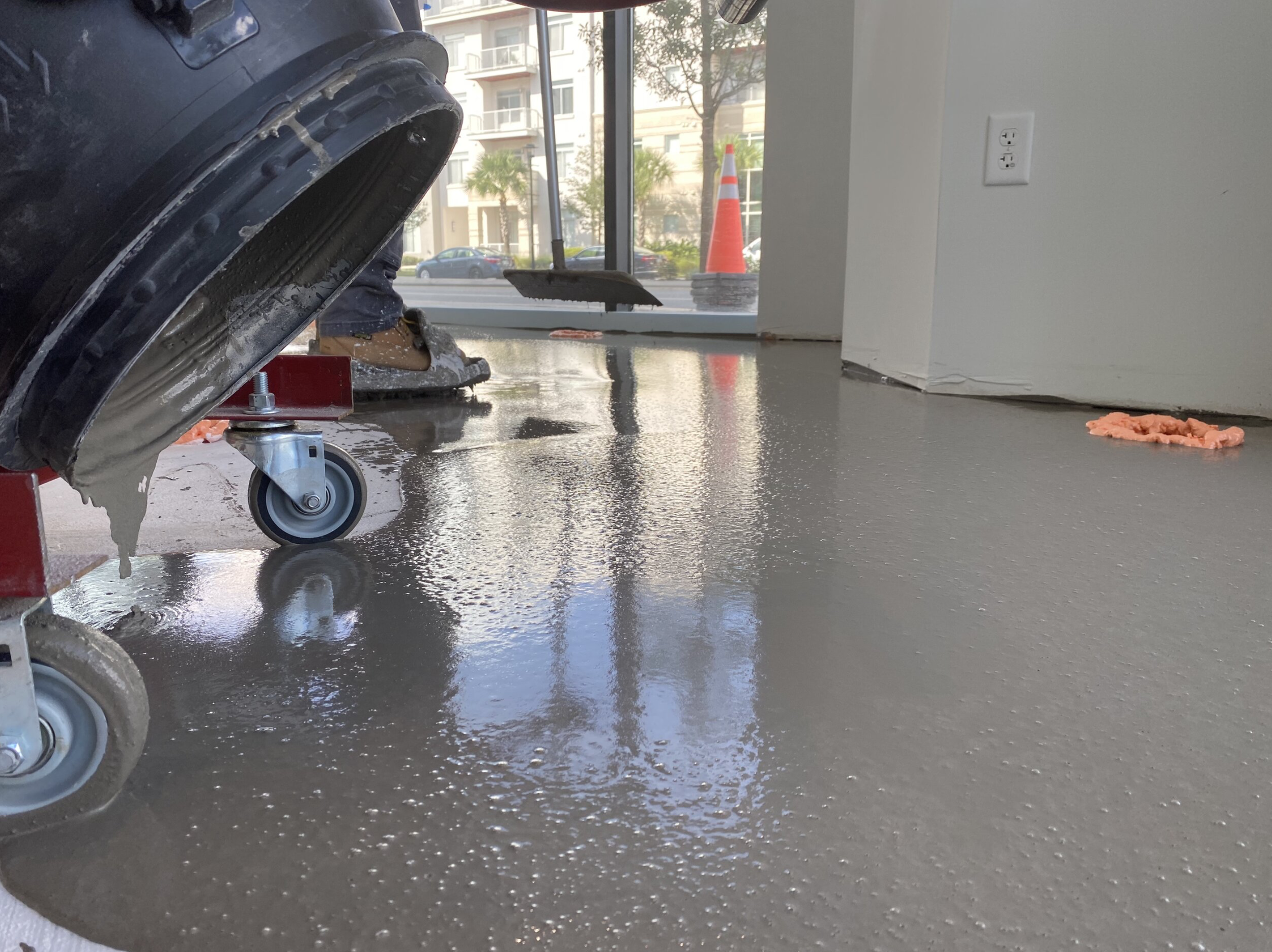The Difference Between Cement & Gypsum Self Levelers
When it comes to leveling floors, self-leveling compounds have become a popular solution due to their ease of use and effectiveness. However, with several types of self-leveling compounds available in the market, it can be challenging to choose the right one for your project. In this post, we'll explore the differences between two common types of self-leveling compounds: cement and gypsum.
Cement self-leveling compound is made of cement, sand, and additives. It is a popular choice for leveling concrete floors or other cementitious surfaces. Cement self-leveling compound is known for its high strength, durability, and resistance to moisture, making it ideal for use in high-traffic areas or areas with high levels of moisture, such as basements or bathrooms.
Gypsum self-leveling compound, on the other hand, is made of gypsum powder, water, and additives. It is a popular choice for leveling floors in residential or commercial buildings. Gypsum self-leveling compound is known for its ease of use, fast-drying time, and smooth finish. It is also relatively inexpensive compared to cement self-leveling compound.
So, what are the main differences between cement and gypsum self-leveling compounds?
Here are a few:
Strength: Cement self-leveling compound is generally stronger and more durable than gypsum self-leveling compound. It can withstand heavier loads and is more resistant to wear and tear.
Moisture resistance: Cement self-leveling compound is highly moisture-resistant, making it ideal for areas with high humidity or moisture. Gypsum self-leveling compound is not as moisture-resistant as cement self-leveling compound and may not be suitable for use in high-moisture areas.
Drying time: Gypsum self-leveling compound dries faster than cement self-leveling compound. It can typically be walked on within a few hours of application, whereas cement self-leveling compound may take up to a day or more to dry.
Cost: Gypsum self-leveling compound is generally less expensive than cement self-leveling compound. It is an excellent choice for those on a budget or for small projects.
In conclusion, both cement and gypsum self-leveling compounds have their advantages and disadvantages. Cement self-leveling compound is ideal for high-traffic areas and areas with high levels of moisture, while gypsum self-leveling compound is an excellent choice for small projects or those on a budget. Whichever type of self-leveling compound you choose, be sure to follow the manufacturer's instructions carefully to achieve the best results.


